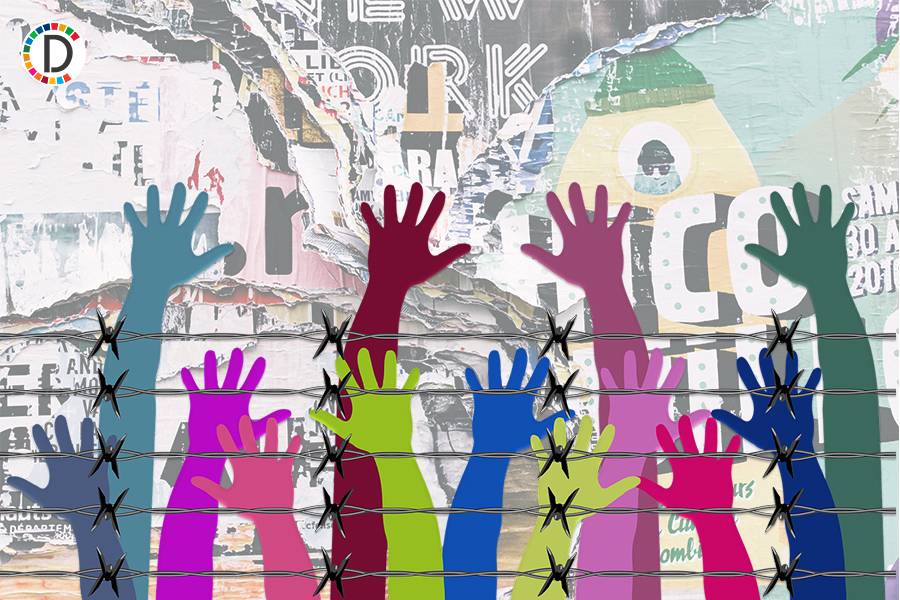Germany's Coalition in Crisis: Will Political Turmoil Lead to Snap Elections?
Germany's ruling coalition faces pressure amid poor polling, regional election defeats, and an economic downturn, exacerbated by ideological rifts over policies. With their combined popularity lower than the opposition, the coalition struggles for legitimacy, raising speculation about potential snap elections and a new government formation.

Germany's coalition government is grappling with significant challenges, including poor poll results and recent regional election defeats. This political turmoil is compounded by disagreements over economic policies, threatening the coalition's unity.
The ruling coalition, comprising the Social Democrats, Greens, and Free Democrats, finds itself at odds after the Free Democrats proposed a controversial economic program advocating tax cuts. The coalition's unpopularity is tied to the economic consequences of the Ukraine war, contributing to a cost-of-living crisis and societal strains from increased migration.
If a party leaves the coalition, a minority government could emerge, but passing laws would be difficult. Previous instances where parties withdrew led to political reshuffling without new elections. Germany's chancellor cannot directly call a snap election but can trigger it through a vote of confidence.
(With inputs from agencies.)
ALSO READ
German Chancellor Olaf Scholz's Strategic Visit to India Strengthens Bilateral Ties
German Chancellor Olaf Scholz assured PM Modi that he is closely following this issue: MEA on Ariha case.
Markets Sway Amidst Political Unrest and Economic Policy Shifts
German chancellor Olaf Scholz has announced to give visas to 90,000 Indians per year, now it is up to us to develop skills: PM.
Germany's Coalition Crisis: Economic Policy Divide Threatens Stability









